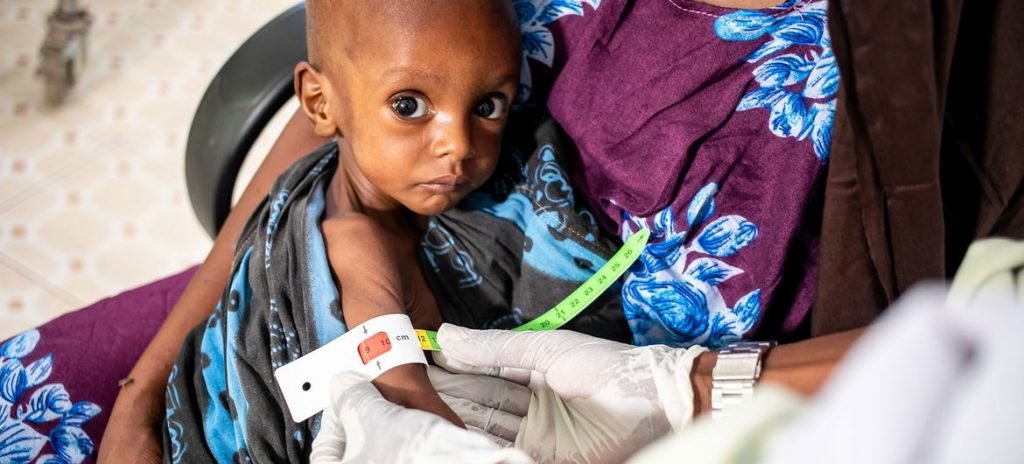Geneva, 20 August 2022 (TDI): Millions of people in the Greater Horn of Africa are facing starvation, which puts their health at risk by weakening their immune systems.
Hence making them more susceptible to illness. WHO teams are on the ground helping and playing their part amid the health and food crisis.
In the Greater #HornofAfrica, millions of people are facing starvation, which poses a direct threat to health by weakening the body’s defences & opening the door to diseases. #ItTakesAVillage to address this food & health crisis, & @WHO teams are on the ground playing their part. pic.twitter.com/tyZh8toJhV
— Tedros Adhanom Ghebreyesus (@DrTedros) August 19, 2022
The World Health Organization’s (WHO) Director-General, Dr. Tedros Adhanom Ghebreyesus in the briefing emphasized the need of helping the millions of people in the Horn of Africa who are facing starvation and disease.
Speaking from Geneva, Tedros Adhanom Ghebreyesus claimed that drought, conflict, climate change, and increasing prices for food, fuel, and fertilizer, are all contributing to the lack of access to sufficient food.
Furthermore, the countries under these crises include Djibouti, Ethiopia, Kenya, Somalia, South Sudan, Sudan, and Uganda.
In addition, hunger and malnutrition not only pose a direct threat to health but also weaken the body’s defenses and open the door to diseases including pneumonia, measles, and cholera.

Tedros further explained that food insecurity is compelling people to choose between paying for food and healthcare. Moreover, many are migrating in search of food, which increases their risk of contracting diseases.
Additionally, to meet needs, WHO has allocated more than $16 million from an emergency fund, but more assistance is required.
The organization is appealing for $123.7 million to treat malnutrition, prevent and manage outbreaks, and deliver crucial medical services and medications.
WHO officials at the Briefing
WHO Assistant Director-General Emergency Response, Dr. Ibrahima Soce Fall, stated that the total population is close to 200 million and there are already 80 million people facing acute food starvation.
Dr. Mike Ryan, Executive Director, WHO Health Emergencies Programme argued that delivery of food and water is central, but the delivery of health packages, immunization, and primary healthcare are just as essential.
Also read: Horn of Africa faces unprecedented Water Crisis
He added that’s WHO’s job now to shore those services up while the food and other nutrition services come in. Thus, working at both ends of the problem will ensure a stable and healthy population.
Appeal for Tigray region
Tedros stated that the “man-made catastrophe” in the Tigray region of northern Ethiopia, where war has raged for almost two years, is being made worse by the drought.
In the Ethiopian region of #Tigray, the drought is compounding a man-made catastrophe for 6 million people who have been under siege from Ethiopian and Eritrean forces for 21 months. Can the world come back to its senses and uphold humanity? Or 6 million lives don’t matter? pic.twitter.com/JuycxddcpB
— Tedros Adhanom Ghebreyesus (@DrTedros) August 18, 2022
Furthermore, he claimed that six million people are “sealed off from the outside world, with no telecommunications, no banking services, and very limited electricity and fuel” while being besieged by the Ethiopian and Eritrean military.
Consequently, people in the region are frequently experiencing epidemics of cholera, diarrhea, cholera, and other illnesses.
According to Tedros, “This unimaginable cruelty must end. The only solution is peace.” Also, he made a plea for more international attention to the situation in Tigray at the end of the briefing.








